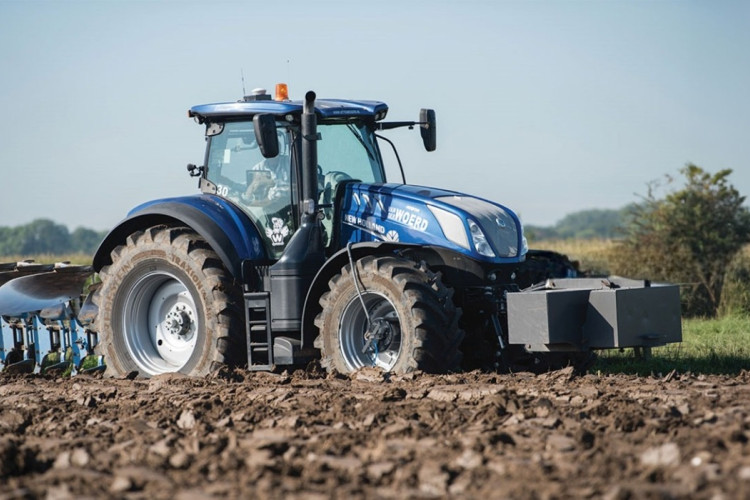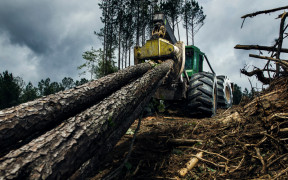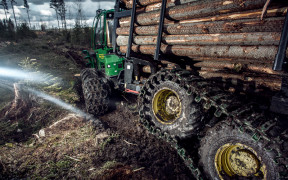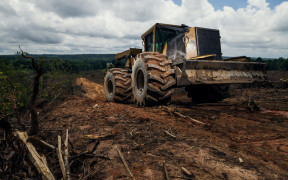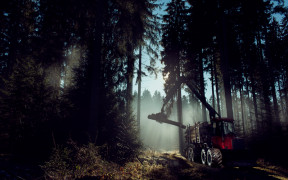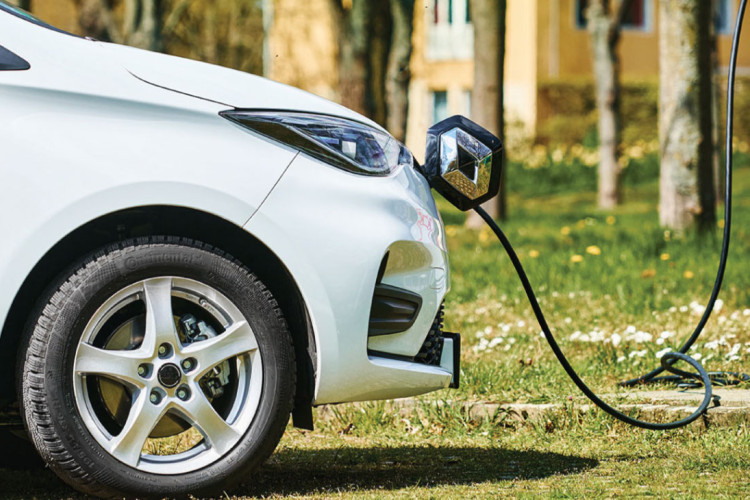
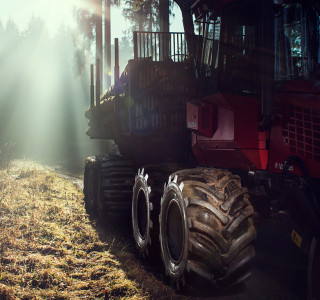
Your Guide to Forestry Tyres
It’s one of the most unforgiving environments there is. Rugged and subject to change from day to day or during the day depending on what Mother Nature decides to throw at you. It’s tough on the gear and simply all around tough work. Which means you need to make a tough call and choose the right tyre. But which one? It can be hard to ‘see the wood for the trees’ sometimes. Let’s take care of that.
Forestry Tyre Design Considerations
Track and Chain Support
Sometimes you need a little extra help. If the operational area is really rough and traction is likely an issue no matter the tyre, then chain and tracks are often used. Indeed, where time can equal money in terms of loads per day, they can often make sense. In which case you need to be sure the tyre you choose is suitable. The tread design will be altered to allow for the additions, some having trackbars to allow for the tracks to be less tense, reducing stress on the tyres and bogies.
Lug Design
The angle and depth of the lugs will help determine just how well the tyre can cope and maintain traction in difficult conditions. In the muddiest conditions a tyre which can self-clean by throwing the mud off to maintain traction is a good idea.
Load Carrying Capacity
Tyres can only handle so much. Given the angles forestry machinery can get into, exerted pressure can be immense. It pays to check the load carrying capacity of the tyre so you know it can handle what you plan on throwing at it. Or on it.
Forestry Tyre Cost Considerations
Cost per hour vs On the day
It’s a classic tyre trade off and no different in the world of Forestry. Let’s keep this bit simple...you can either choose to pay less up front and go for a cheaper option or you can pay more for a tyre that’ll last longer. Except the trade off here is bigger and there’s a few more factors to consider so we’d be doing you a disservice by keeping it that simple.
On the day
Opt for a budget tyre and you’ll pay less on the day. We say ‘on the day’ as the cost tends to come in later. You get what you pay for so a budget tyre isn’t as likely to last as long or perform as well during its working life. That means possible expensive downtime.
Cost per hour
A tyre that lasts longer and causes less downtime...or even just grips better so you can do more quickly...has a lower cost per hour overall. Sure, you’ll pay more on the day but your investment will last longer and give you better returns.
For the biggest loads and harshest environments
Nokian Forest King F2
Add more rubber at the tread surface to beef up the puncture resistance, throw on a new tread pattern… and you get great track support and a heavy hitter that reduces stress on bogies and tyres.
Find out moreTips and articles

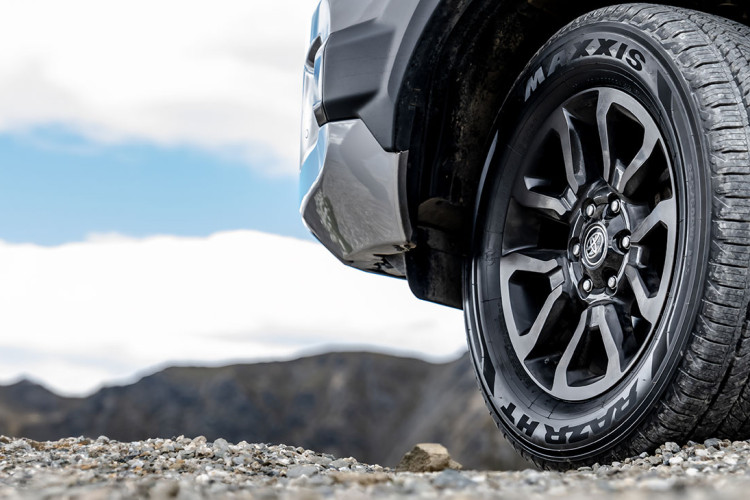
Product Spotlight:
Maxxis HT780 RAZR HT
